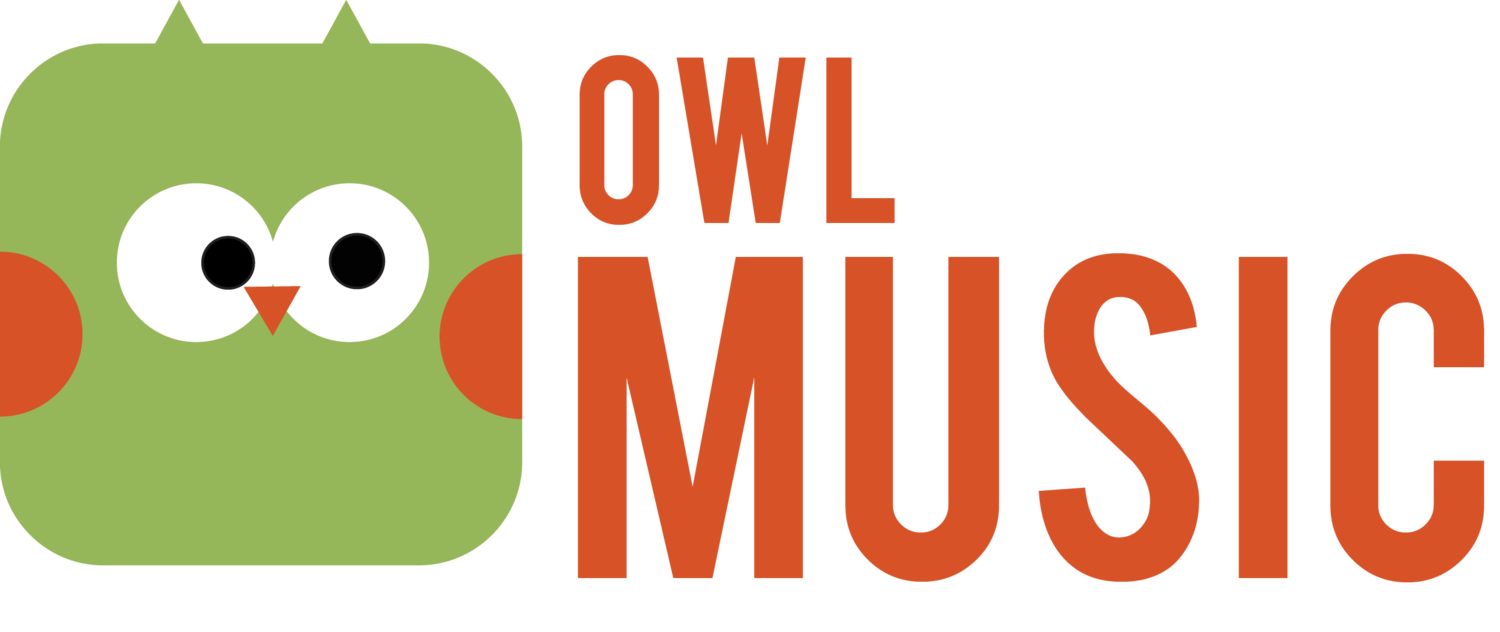We speak before we read. And so should it be so with music. Despite what most of the well known music instruction books teach, I believe that beginning musicians should learn to play their instrument before trying to read music. For me, this belief follows from the same natural logic that children speak before learning to read. Just as written words are a representation of speech, so musical notation is representation of music. To teach writing before speaking or, in the case of music, musical notation before playing the instrument is to reverse the natural order of learning that the brain has been hard-wired for.
Many, if not most, students struggle to read musical notation. Turning splotches of ink on a page into music requires years of training, and even fluent music readers make mistakes. Advanced musicians who can read music fluently may miss this vital point when working with beginners. The experienced musician, having now mastered music reading, may not remember what it was like to learn to decipher musical notation. It's a kind of "expert blindness," in which a person takes for granted something that he or she learned long ago.
I used to teach music reading to beginners. But here's what happened. A good portion of the students, many of whom were obviously musical, didn't return for a second year of band. I grew tired of seeing talented young beginners give up after the first year because they couldn't read music. It occurred to me that I needed to make a change. That's when I decided to revise my method books and began a new way of teaching that has proven successful and popular among my students. The proof lies in the fact that almost all of my beginners now enthusiastically return for intermediate band.
In the first year, instead of learning to read music, my students learn to play songs on their instruments based on a system of fingerings and singing that I developed. All students can begin to play music as soon as they have learned to make a sound on their instrument. They can focus on playing songs rather than on deciphering musical notation.
To those who say that reading music is essential, I agree, but I would say that it should not be the focus of the first year of learning. I do introduce my beginners to rhythm studies, but we do so away from the instruments, using a system of counting, clapping, and hand motions to represent the rhythms. During the second year of band, we learn to read music while continuing to work on the skills acquired in the first year of band. By the second year, students have learned how to breathe, tongue, and produce a good tone, and, most important of all, play and enjoy actual songs, so we can then add the challenge of music reading.
Once a student has completed several years of my band program, he or she will often have reached a playing level equivalent to or even better than students whose band programs meet daily rather than weekly as ours do. In other words, Owl students who go on to play in their high school bands find that they fit right in with other students from public schools where band classes meet daily. And this level of achievement occurs despite the fact that I meet with my students only once per week for 40 minutes at a time.

